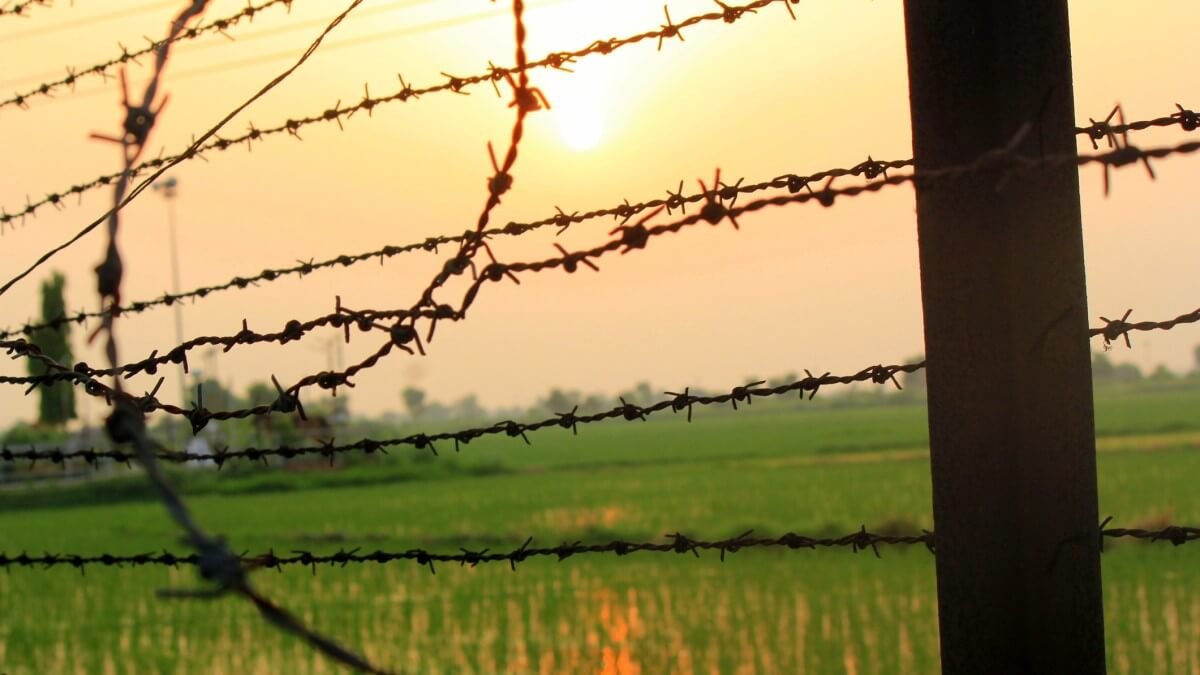

Latvia Prolongs State of Emergency at the Border With Belarus
The state of emergency has been extended until November 10 and means that migrants who cross into Latvia will continue to be sent back, AtoZSerwisPlus.com reports.
The state of emergency at the border with Belarus was imposed by Latvia almost a year ago in order to halt the high number of migrants who tried to the European Union member countries.
Back at that time, the EU authorities accused Alexander Lukashenko of purposefully flying people from the Middle East to his country and then sanding them to EU border states to destabilise the bloc, Info Migrants explains.
In 2021, the number of migrants trying to enter Latvia increased tremendously. However, the Ministry of Interior of Latvia has revealed that the numbers have fallen this year.
Data provided by the Latvian border authorities show that around 6,800 attempts by migrants were prevented since August 2021.
Despite being seen as a needed measure, the extension of state emergency was followed with concerns. The European Commissioner for Human Rights, Dunja Mijatovi?, said that she is extremely concerned about the situation at the border with Belarus.
In a letter addressed to the Minister of Interior of Latvia, Mijatovi? expressed her concern about the reports of asylum seekers, migrants, and refugees, having been violently prevented from entering Latvia from Belarus.
“The reports of refugees, asylum-seekers, and migrants having been violently prevented from entering Latvia, held in inhumane conditions in the forest, denied access to the asylum procedure, and forced into signing voluntary return declarations, also leading to the submission of complaints to the European Court of Human Rights, are of significant concern to me,” Mijatovi? stated.
In addition, Mijatovi? urged the Latvian authorities to ensure that they will conduct an independent and thorough investigation into the treatment of people who have attempted to enter Latvia from Belarus as soon as possible.
She further highlighted that the country must take full accountability for any abuses that may have occurred at the border.
Apart from the above-mentioned, Mijatovi? required the authorities to guarantee full access to the border area by representatives of civil society and the media to ensure that legal aid and humanitarian assistance can be provided to people in need of help.
Replying to the Commissioner, the Latvian Minister of Interior, Kristaps Eklons, denied complaints of foreigners being obliged to sign voluntary return declarations. As for the other points mentioned by the Commissioner, the authorities are yet to come out with an official statement.


















